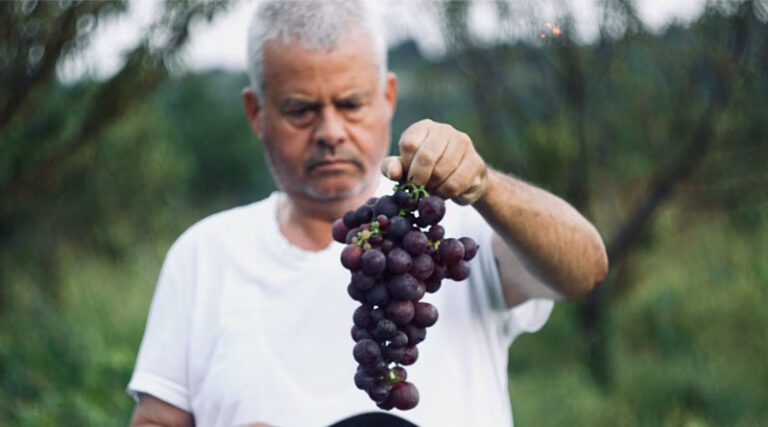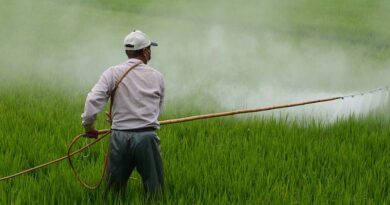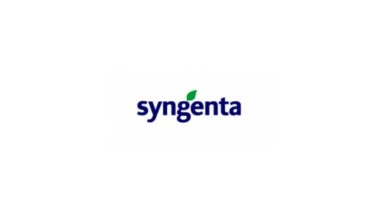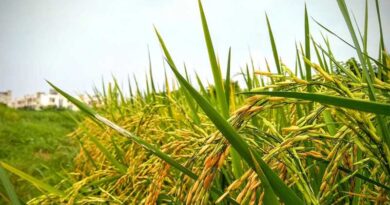
France Bans 20 Copper Fungicides: Organic Winegrowers Face Uncertain Future
02 October 2025, France: French organic winegrowers are facing new hurdles following a recent decision by the French Agency for Food, Environmental and Occupational Health & Safety (ANSES) to withdraw approval for 20 copper-based fungicides. The move has created uncertainty for producers who rely heavily on copper to control downy mildew, one of the most destructive vineyard diseases.
Major products taken off the market
The ruling targets all powder formulations, including widely used brands such as Kocide 2000 and Kocide Flow. Only two products – Champ Flo Ampli and Héliocuivre – will remain available, but their use will be permitted only under stricter guidelines.
ANSES explained that the decision was based on risks to vineyard workers’ health, noting that manufacturers had not submitted adequate safety data to prove the absence of harmful effects. The authority emphasised that the burden of demonstrating product safety rests with distributors.
New restrictions on copper use
Under the updated rules, vineyard applications cannot exceed four kilograms of copper per hectare per year. Treatments must be spaced at least seven days apart and are prohibited near watercourses, residential areas, and during the flowering stage of vines.
The industry has voiced concern over the ban, especially since cheaper powder formulations are due to be phased out completely by 2026. Many growers had returned to these products in recent years because of rising production costs.
Reactions from the sector
Experts say the shift represents a significant change in policy. Nicolas Constant of the French vine and wine institute IFV noted that while previous rules focused on environmental concerns, the latest decision highlights risks to workers.
Across the border, criticism has come from Ecovin, a federal association of organic wineries in Germany. Georg Forster, chairman of the group, questioned the reasoning behind ANSES’s decision, pointing out that growers have worked for years to reduce copper inputs and promote alternatives such as potassium phosphonate. He added that he does not foresee similar restrictions being adopted in Germany.
In France, however, producers fear the consequences. François Garcia of the Hérault agricultural chamber called copper “indispensable in organic farming,” warning that the restrictions could hit organic growers hard. Trade group SudVinBio has also cautioned that many vineyards may have to reconsider their organic status.
Future uncertainty
According to figures from the ITAB Institute (French organic food and farming institute), French organic growers used an average of 3.72 kg/ha of copper in 2024, with higher levels recorded in regions such as Nouvelle-Aquitaine (4.8 kg/ha), Champagne (4.55 kg/ha) and Burgundy (4.3 kg/ha).
Although 17 copper-based products are still available for now, their approvals are set to expire in 2026. If ANSES applies the same standards in future assessments, experts warn that these too could be withdrawn, leaving winegrowers with even fewer tools to protect their crops.
Also Read: UPL Raises Mancozeb Prices in China Again Amid Supply and Cost Pressures
📢 If You’re in Agriculture, Make Sure the Right People Hear Your Story.
From product launches to strategic announcements, Global Agriculture offers unmatched visibility across international agri-business markets. Connect with us at pr@global-agriculture.com to explore editorial and advertising opportunities that reach the right audience, worldwide.






